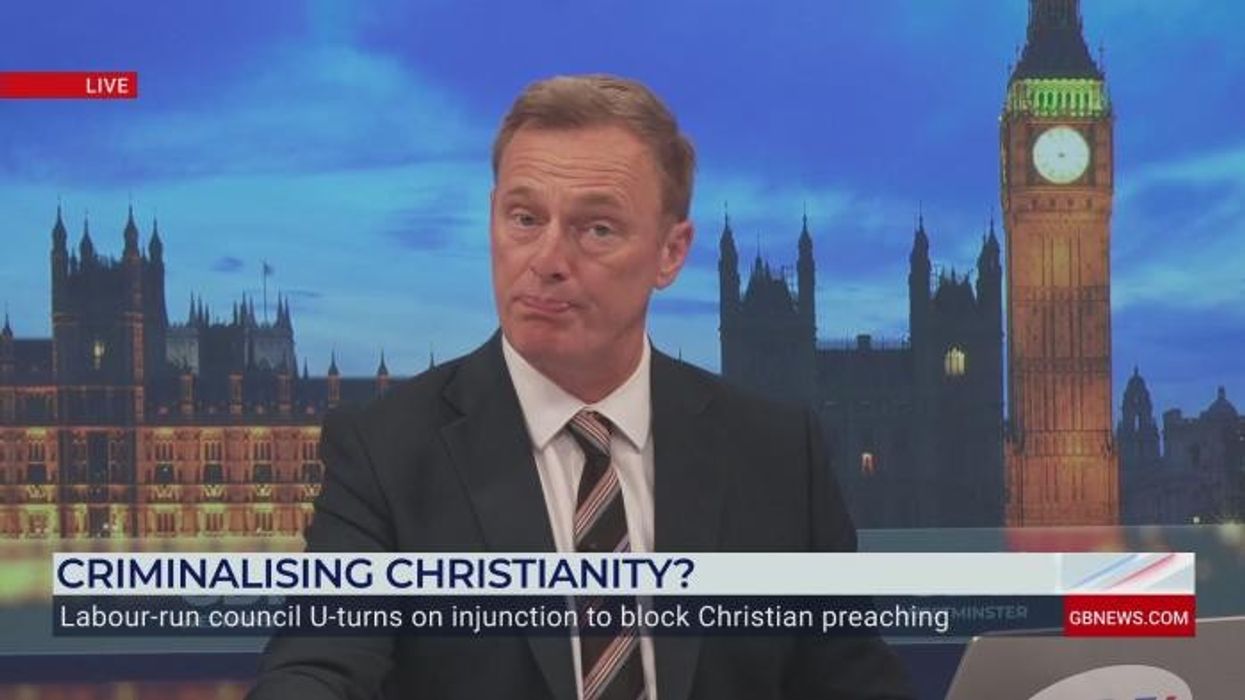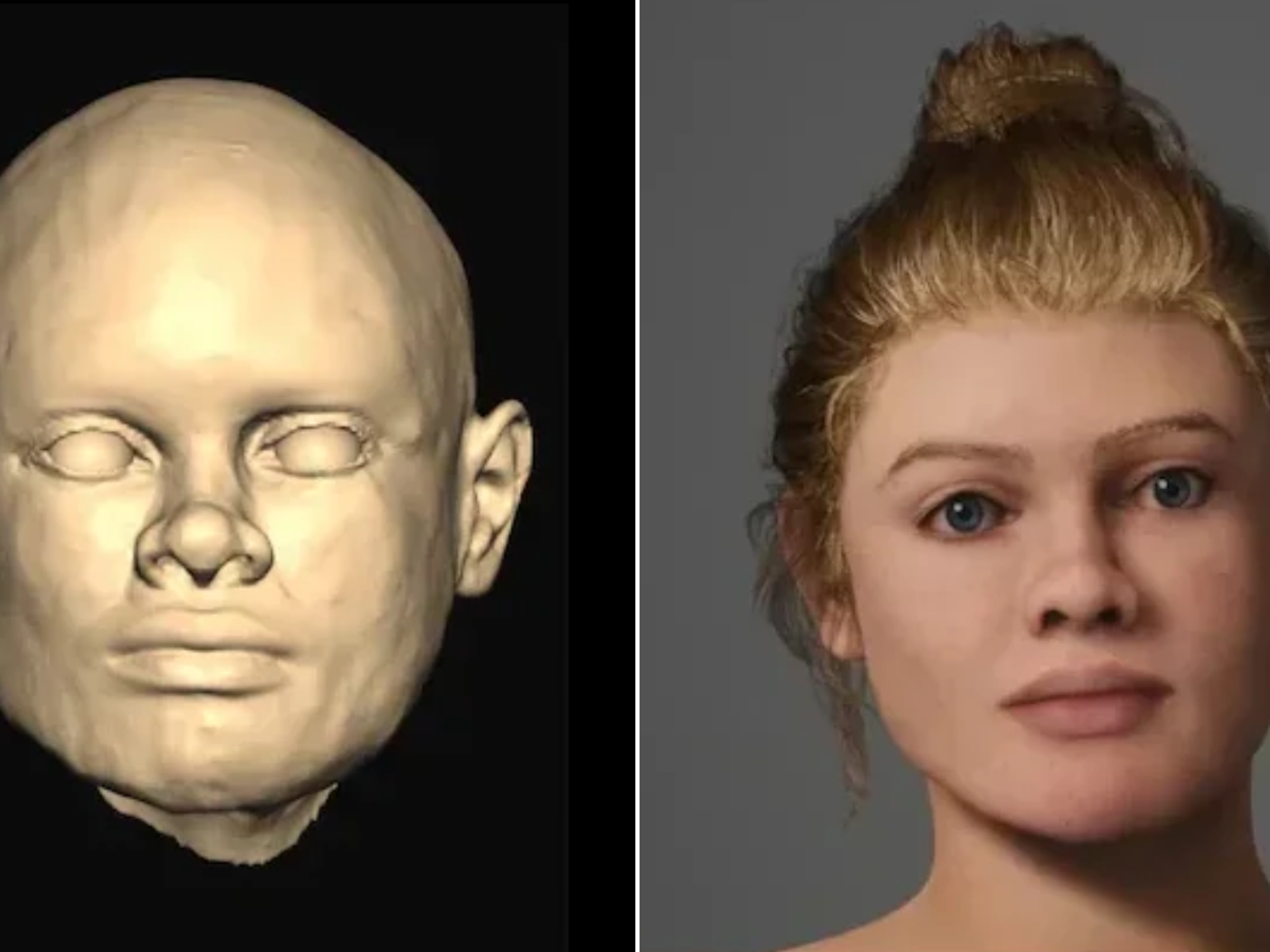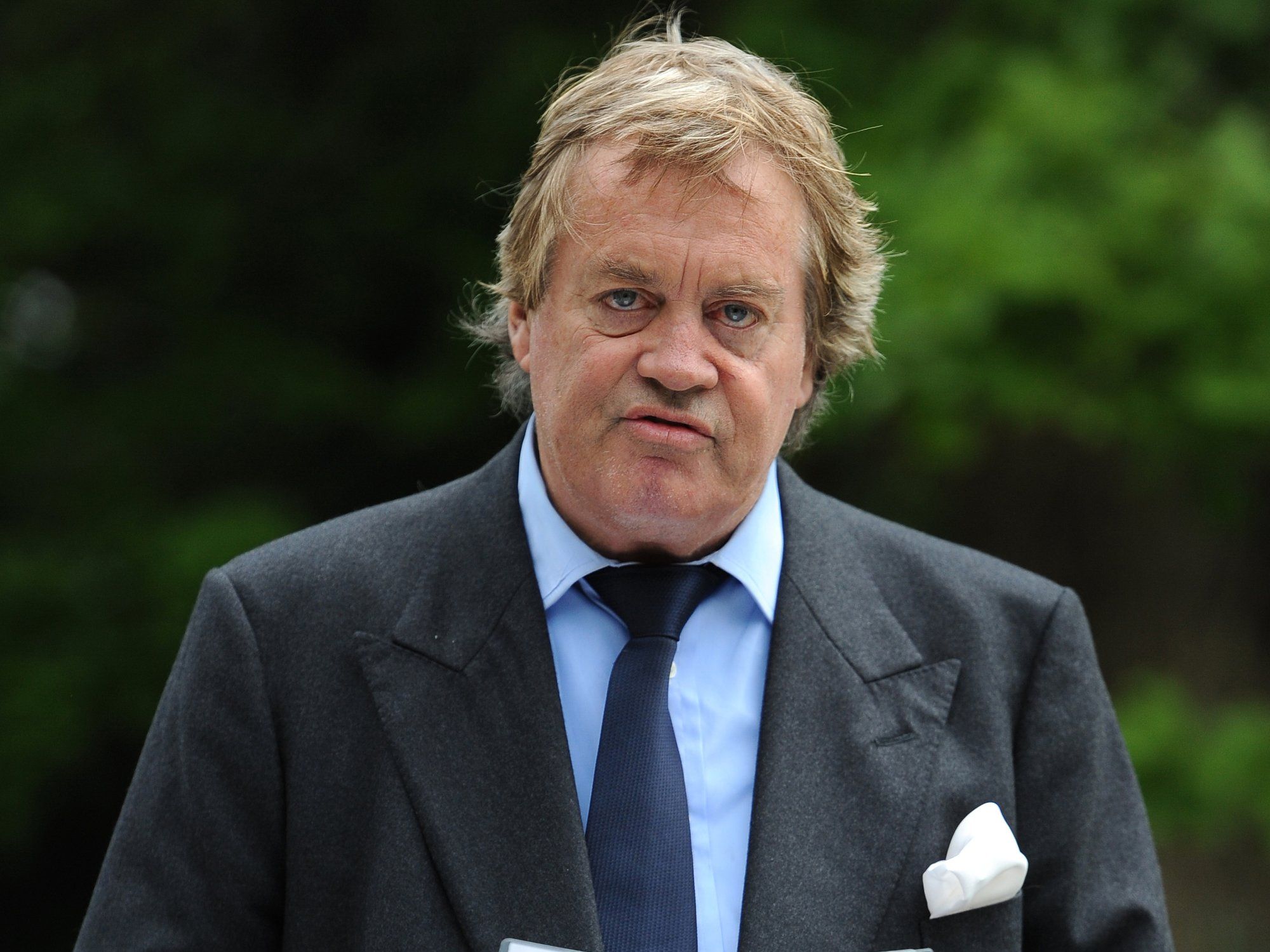Gen-Z’s Christian revival is not surprising: the me me me society ignited the rebellion - Ann Widdecombe

OPINION: Whether this phenomenon grows or withers on the vine is largely down to Christians themselves
Don't Miss
Most Read
Trending on GB News
In the Spring of 2011, I made a documentary for the BBC which asked if Christianity had any future in Britain. The answer was yes but that it would not take the form with which we were familiar because the areas in which congregations were growing were not in the standard English village church, providing matins and evensong every Sunday, but in the evangelical churches, wherever there were large concentrations of immigrants (e.g. Polish Masses which grew exponentially with the numbers of Polish plumbers) and unexpectedly also in Cathedrals which had choirs or music of genuine excellence.
I grew up in the 1950s, which began when I was an infant and ended as I entered my teens and in which both culture and belief were heavily Christian.
There were some synagogues and a thin handful of mosques, but in every parish stood an Anglican church, and in every church, there was a priest and often a curate too. The vicar was central to the community and called upon newcomers. Children went to Sunday School.
We were all taught scripture at school, and it was taught as fact, not as belief. We knew nothing about other religions until we were old enough to be curious for ourselves.
The only festivals observed by public bodies were the anniversaries of Our Lord’s birth, death and resurrection: in other words, Christmas and Easter. Whitsun was recognised with a holiday.
On Sundays, the churches were full. Today, the picture is very different. The pews are sparsely populated, and churches have closed and been repurposed. Priests are stretched between several parishes, curates are few and far between, both children and adults are profoundly ignorant of scripture, Christmas and Easter have been commercialised beyond recognition, and most people have never heard of Whitsun. Phrases in Milton and Shakespeare which are direct gospel quotes have no resonance as such.
As for the Third Commandment, TV channels churn out a ton of casual blasphemy while social media promotes the opposite of forgiveness of sinners in a clamorous witch hunt and lynch mob mentality.
 Gen-Z’s Christian revival is not surprising: the me me me society ignited the rebellion - Ann Widdecombe |
Gen-Z’s Christian revival is not surprising: the me me me society ignited the rebellion - Ann Widdecombe | Getty Images
Until very recently, it was assumed that decline would continue: that evangelical churches would buck the trend, but that everywhere else diversity and disbelief had taken over and had done so irrevocably.
Wrong. It now appears that Gen Z is more interested in Christianity than its parents, keener to find out what it is all about. That is the conclusion of a YouGov poll, and the new interest is not merely in church but in the Bible too. At the recent papal election, St Peter’s Square was full of the young.
Perhaps it is not so surprising; the me, me, me society has not brought happiness with record rates of divorce, suicide, crime and mental breakdown. Sooner or later, a generation was bound to question whether rampant consumerism can be the root of true happiness and to look for alternatives.
Whether this phenomenon grows or withers on the vine is largely down to Christians themselves, for, as I have often observed, if the early Christians had shown no more energy in spreading the Good News than we have today, then we would all still be worshipping Zeus.
There is a challenge here for Leo XIV. John Paul II was a great missionary pope, travelling the world. Leo needs to do the same and take Christianity to the globe - to paraphrase a proverb associated with Islam - If the people will not come to church, the church must go to the people.
More From GB News











